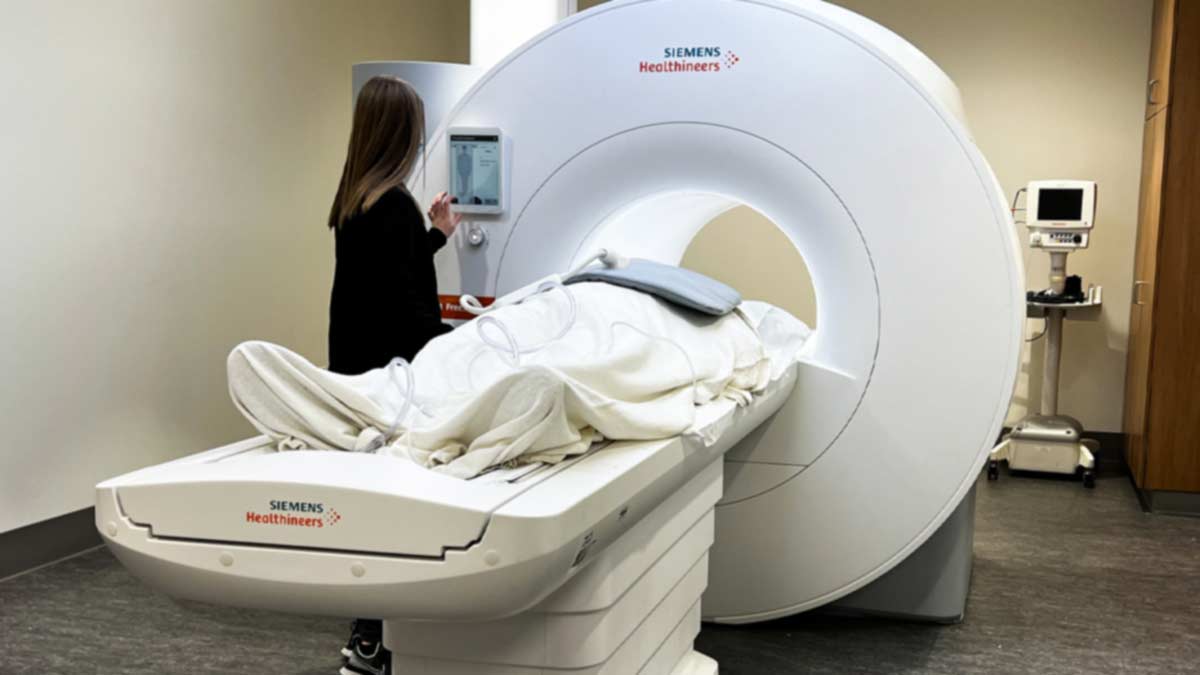Multidisciplinary team awarded catalyst grant funding through the President’s Research Excellence program
 Decades of research has shown that diet and exercise are key factors that impact risks associated with cancer and metabolic disorders such as obesity, cardiovascular disease and diabetes. Such knowledge has led to public health recommendations that encourage healthy diets and a focus on fitness to promote disease management and improved health outcomes.
Decades of research has shown that diet and exercise are key factors that impact risks associated with cancer and metabolic disorders such as obesity, cardiovascular disease and diabetes. Such knowledge has led to public health recommendations that encourage healthy diets and a focus on fitness to promote disease management and improved health outcomes.
Due to each individual’s unique physiology, a one-size-fits-all diet or fitness regimen to improve health does not translate to widespread success. That’s where the concept of precision nutrition comes in. It utilizes a person’s DNA and genetics, microbiome and metabolic responses to specific foods or dietary patterns to determine the most effective eating and exercise plan to promote health and prevent and treat disease.
Researchers at The Ohio State University have been conducting interdisciplinary and leading-edge research in human genetics and gene expression, along with the rapidly growing fields of the microbiome, metabolomics and lipidomics. Funding through The Ohio State University President’s Research Excellence program will allow them to upscale their research, which has the potential to affect health outcomes in many populations around the world.
Steven Clinton, MD, PhD, professor of Internal Medicine at The Ohio State University College of Medicine, has established a multidisciplinary team from The Ohio State University Comprehensive Cancer Center – Arthur G. James Cancer Hospital and Richard J. Solove Research Institute (OSUCCC – James); the College of Food, Agricultural and Environmental Sciences; the College of Arts and Sciences; the College of Education and Human Ecology; and the College of Engineering.
The team will first develop and implement new technology in bioinformatics, artificial intelligence and machine learning in order to integrate data across multiple research platforms. The human genome encompasses 40,000 genes, and thousands of metabolites circulate in our blood daily to impact our biology. Increasingly, researchers appreciate that the thousands of species of microbes inhabiting our body, particularly the digestive tract, are commensal and a healthy microbiome is necessary for optimal human health.
“The ability to optimize diets and exercise plans for diseases, such as obesity, diabetes, cardiovascular disease, neurodegenerative diseases and cancer based on scientific outcomes will be a game-changer in the field,” Dr. Clinton says. “It can also impact agriculture and food science through efforts to develop more healthful phytochemical-rich crops and novel functional foods targeting specific disease processes.”
The team will analyze human samples collected from clinical trials at OSUCCC – James. For example, one trial focuses on cancer survivors, who are often at greater risk of cardiometabolic diseases due to the rigors of cancer therapy. This large intervention trial focusing on the Healthy Eating Index from the Dietary Guidelines for Americans in cancer survivors provides biosamples to assess the impact of the diet on the host microbiome through metagenomics and thousands of metabolites in blood and urine.
“People consume dozens of nutrients and a multitude of other bioactive compounds in food, and metabolism can now be assessed by measuring thousands of metabolic intermediates in blood, urine and stool,” says Dr. Clinton. “We now have the tools to unravel a complex, dynamic and integrated system to tailor a diet to each patient.”
The tailoring process will rely on advanced statistical models and bioinformatics, coupled with machine learning and artificial intelligence to generate algorithms defining the best-fitting diet and fitness plan for each individual. These tools can integrate large and complex datasets with numerous variables and determine a small set of solutions.
“Although we will initially focus upon the healthy dietary pattern for cancer survivors, the collaborative transdisciplinary teams can apply this integrated approach to dozens of research questions related to optimizing diets and exercise plans for many diseases, such as obesity, diabetes, cardiovascular disease and neurodegenerative diseases, among others,” says Dr. Clinton. “These efforts can also impact agriculture and food science through attempts to develop more healthful phytochemical-rich crops and novel functional foods targeting specific disease processes.”
The work of Dr. Clinton and his team, which is funded as a Catalyst proposal by the President’s Research Excellence program, positions Ohio State as a leader in the field of precision nutrition modern omics, which is the analysis of large amounts of data representing an entire set of some kind. With the ability to be applied to a spectrum of disease and metabolic disorders, a system to tailor a patient’s diet and fitness regime using machine learning can have wide-reaching impacts in modern medicine.



